Abstract: Faced with world-wide crises today, the value system based on liberalism has proven to be inadequate on a global scale. There has appeared an urgent need to approach the global predicaments from the perspective of common ethics. In 1993, the Council for a Parliament of the World’s Religions issued a Declaration: “Toward a Global Ethic,” signed by more than 200 leaders from over 40 different faith traditions and spiritual communities. It unequivocally declares: “No new global order without a new global ethic!” This truism lead us to ask: in the construction of a new world order, what moral principle or categorical imperative in Kantian terms can we find in ethical systems of the world which may serve as the spirit of a new world order? This article argues that the Confucian way of tolerance is perhaps a suitable choice because tolerance is now acknowledged as one of the spiritual achievements of modern times and may hold the ethical key to regulating human differences and resolving conflicts involving class, race, religion, nation and culture. The idea of tolerance is found in all cultural and spiritual traditions, but it is in Confucianism that it was elevated to a moral virtue, a way of life, an ethical theory, and to the exalted status of Tao (恕道) two millennia ago and has remained so since. This article will compare the ideas of tolerance in various traditions, examine the extent to which the Confucian way of tolerance transcends the limitations of regional religions and spiritual faiths, and explore how it may be modernized into the cornerstone of a universal ethics underlying the inner spirit of a new world order.